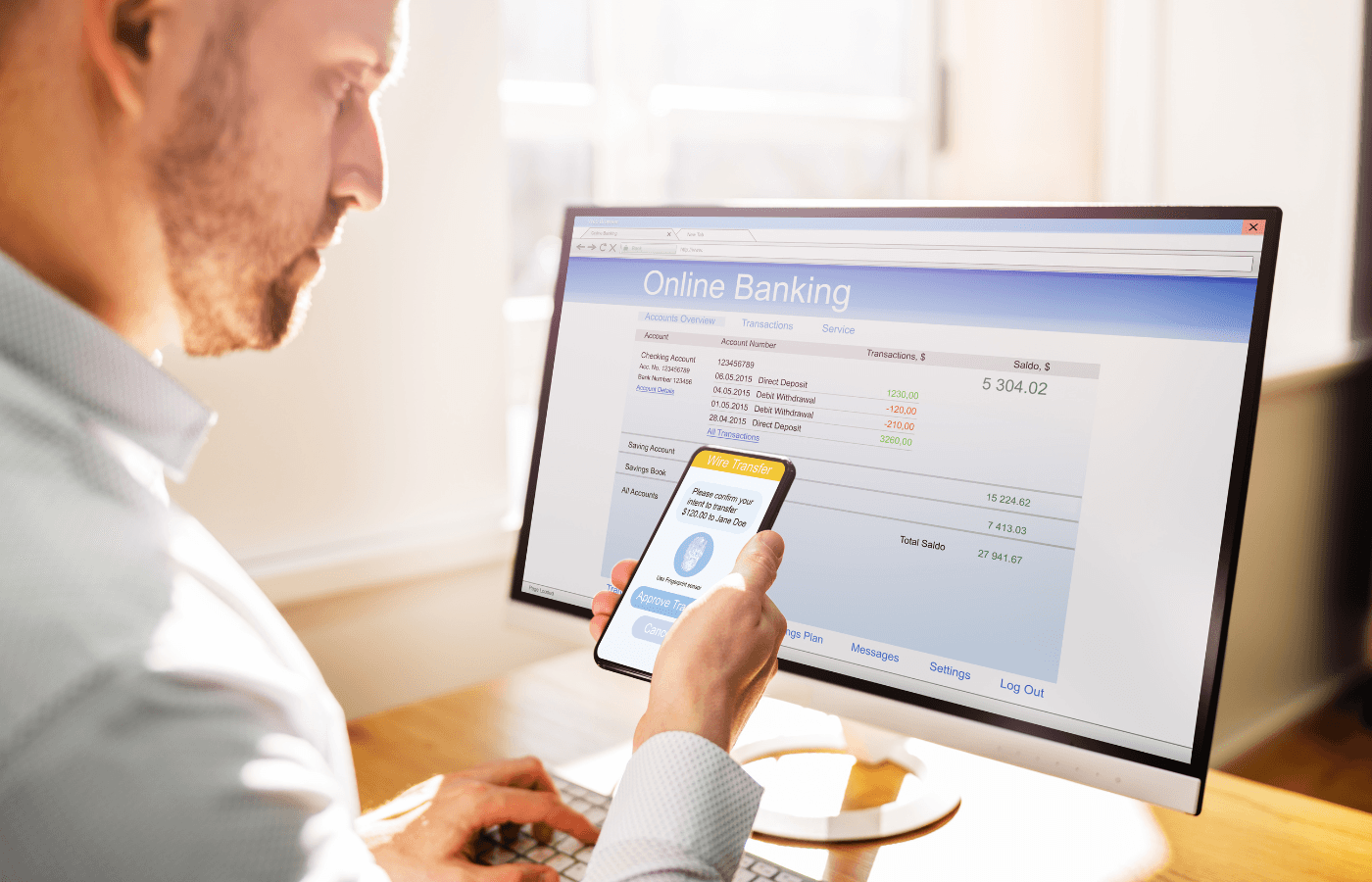In today's interconnected world, ensuring the confidentiality of online communication is paramount. With the rise in cyber-threats and data breaches, protecting sensitive information has never been more critical.
This comprehensive guide delves into the tools designed for secure communication, best practices for maintaining confidentiality, and future trends in digital confidentiality.
Tools for Secure Communication
Ensuring confidentiality begins with selecting the right tools. Here are some of the most reliable options available:
Encrypted Messaging Apps
Signal: Highly recommended for its robust security protocols, Signal uses end-to-end encryption to ensure that only the communicating users can read the messages.
WhatsApp: Known for its user-friendly interface, WhatsApp also employs end-to-end encryption, making it a secure and popular choice for communication.
Telegram: Telegram offers a "Secret Chat" feature with end-to-end encryption, enhancing its security profile.
Secure Email Platforms
ProtonMail: This Switzerland-based email service uses end-to-end encryption and is designed around the principles of privacy and security.
Tutanota: Another secure email service that combines encryption with ease of use, making it a favorite among privacy-conscious users.
Hushmail: Known for its straightforward setup and strong encryption, Hushmail provides a secure alternative to traditional email services.
Virtual Private Networks (VPNs)
NordVPN: With rigorous security protocols and a no-log policy, NordVPN is a top choice for maintaining online privacy.
CyberGhost: This VPN service alos offers robust encryption and a no-log policy, ensuring user data remains private.
ExpressVPN: With a user-friendly interface and strong encryption standards, ExpressVPN is favored by many for secure internet browsing and its no-log policy.

Best Practices for Maintaining Confidentiality
Beyond tools, adopting best practices is essential for safeguarding online communication.
Use Strong, Unique Passwords
Using strong, unique passwords for different accounts can prevent unauthorized access. Consider using a password manager to manage passwords efficiently.
Enable Two-Factor Authentication (2FA)
2FA adds an extra layer of security by requiring two forms of identification before granting access to an account, significantly reducing the risk of unauthorized access.
Regularly Update Software
Keeping software up to date ensures that you have the latest security patches and protections against new threats.
Beware of Phishing Attacks
Phishing attacks trick users into revealing sensitive information. Always verify the source of emails and messages before clicking on links or downloading attachments.
Limit Information Sharing
Share personal information only on a need-to-know basis and be mindful of what you disclose online.
Future Trends in Digital Confidentiality
As technology evolves, so too will the methods for ensuring digital confidentiality. Here are some anticipated trends:
Increased Use of AI
AI can enhance security by detecting anomalies and potential threats in real-time. AI-driven security solutions are expected to become more sophisticated and widespread.
Blockchain Technology
Blockchain offers a decentralized way to manage data and can provide enhanced security and transparency for online communications.
Quantum Cryptography
Quantum cryptography leverages the principles of quantum mechanics to create virtually unbreakable encryption, representing the future of secure communication.
Zero-Trust Security Models
The zero-trust approach assumes that threats can come from anywhere, insisting on strict verification for every user and device trying to access a network, regardless of whether they are inside or outside the network perimeter.
Enhanced Privacy Legislation
With growing concerns about digital privacy, more stringent privacy regulations are likely to be implemented globally, enhancing protections for users' online information.
Frequently Asked Questions
Q: What is end-to-end encryption?
A: End-to-end encryption is a method of secure communication that prevents third-parties from accessing data while it's transferred from one end system to another.
Q: Why is two-factor authentication important?
A: Two-factor authentication adds an additional layer of security, making it more difficult for unauthorized individuals to access an account, even if they have the password.
Q: Can VPNs guarantee complete anonymity online?
A: While VPNs significantly enhance privacy by masking your IP address and encrypting your internet traffic, they do not provide complete anonymity. It's important to combine VPNs with other security measures.
Q: What should I do if I suspect a phishing attempt?
A: Do not click on any links or download attachments in the suspicious message. Verify the source by contacting the individual or organization directly through a known, legitimate channel.
Q: Are free security tools effective?
A: Some free security tools can be effective, but they often come with limitations, such as fewer features and weaker encryption standards. It's generally recommended to use reputable paid services for robust security.
Final Thoughts
Ensuring confidentiality in online communication requires a combination of using the right tools, following best practices, and staying informed about emerging trends. By adopting these measures, individuals and organizations can significantly enhance their online privacy and security.
We’d love to hear from you! Feel free to email us with any questions, comments, or suggestions for future article topics.
Trustworthy is an online service providing legal forms and information. We are not a law firm and do not provide legal advice.











